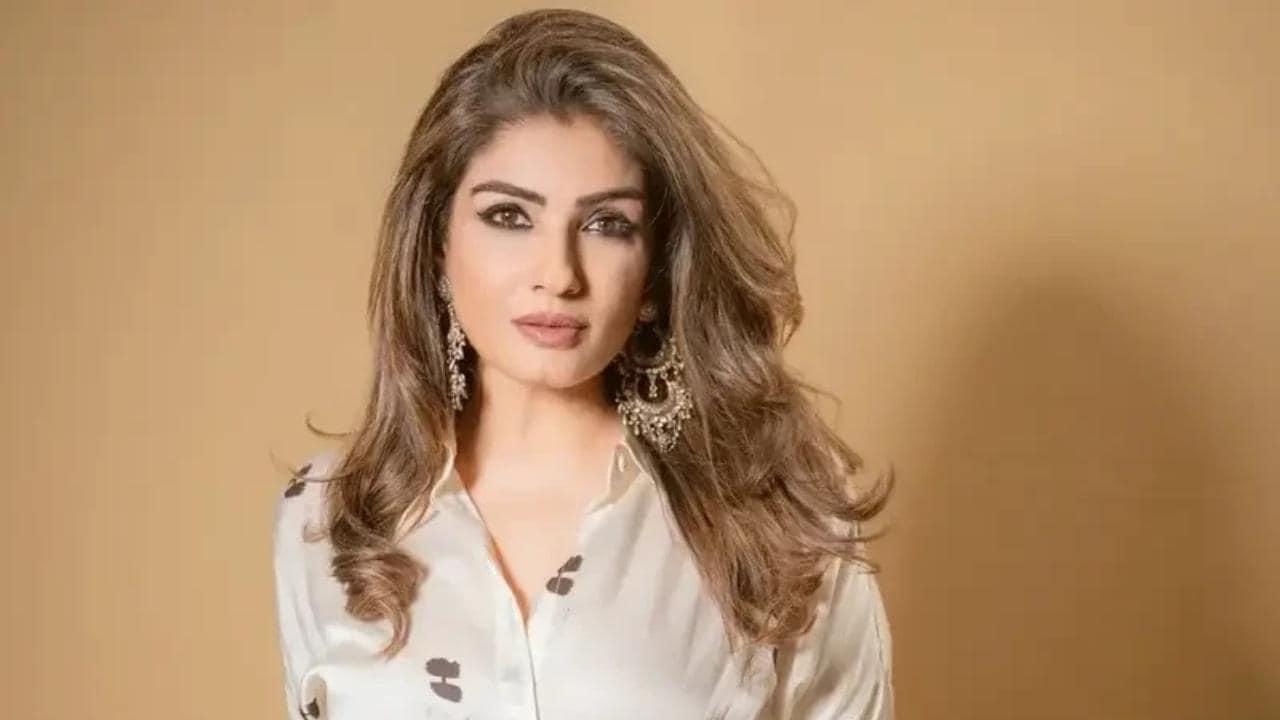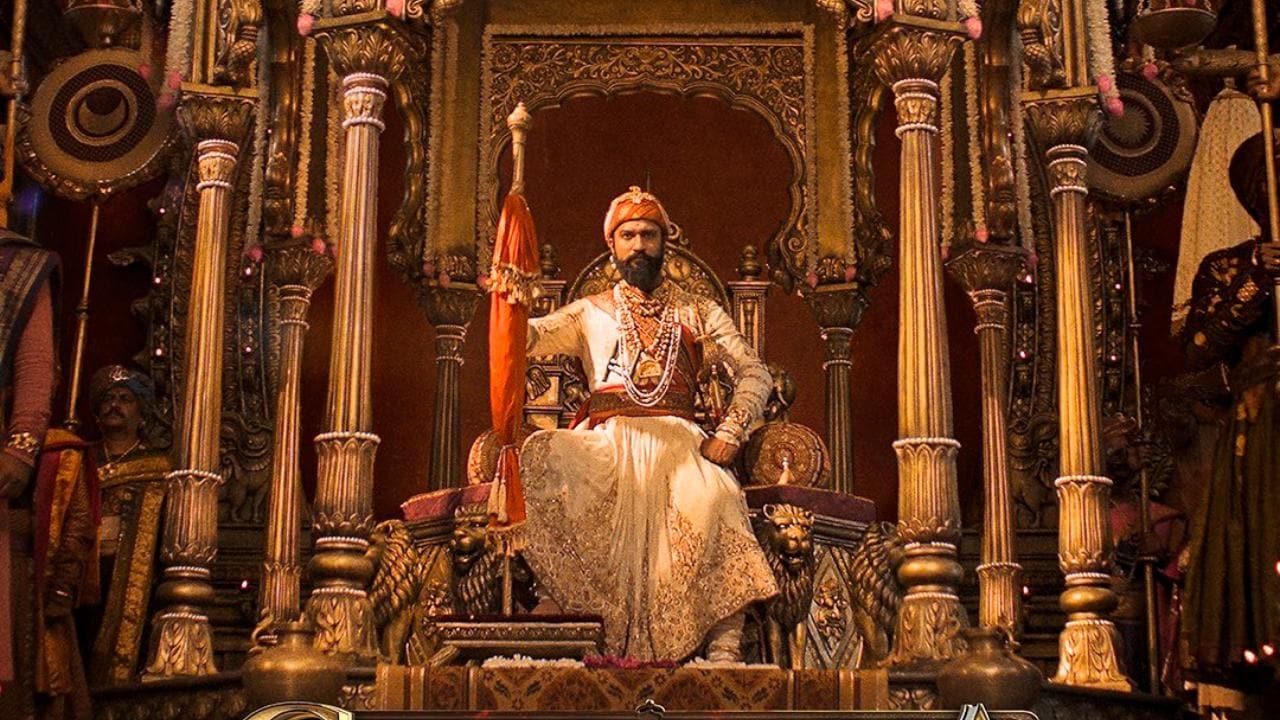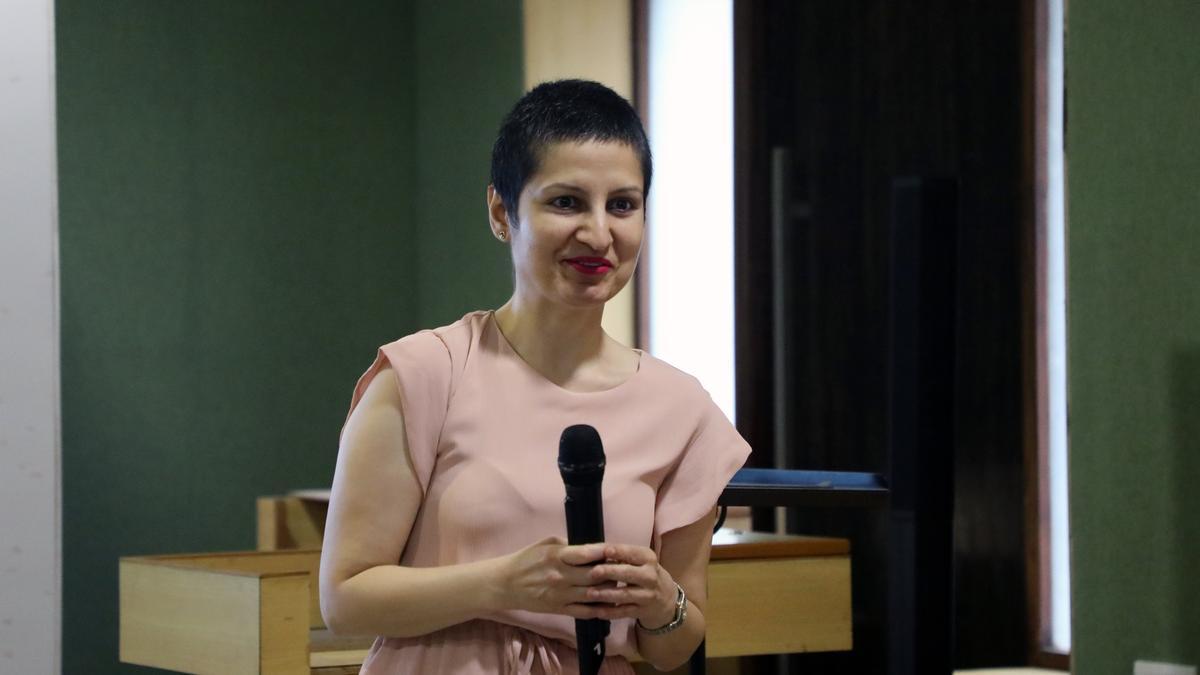
In a quaint little home tucked away in the shadows, a harmonious picture-perfect family grapples with eerily unnatural forces in ‘Shaitaan’ (Satan). The silence of their isolated farmhouse is shattered when a bizarre man entraps a teenage girl’s consciousness, puppeteering her actions with menacing intent.
‘Shaitaan’ stars an ensemble cast including Ajay Devgn, amid the biggest draws, R Madhavan delivering a charged opposite role, and praiseworthy performances by Jyotika and Janki Bodiwala. Directed by Vikas Bahl, the supernatural thriller hinges on the notion of ‘vashikaran’, translating to black magic, an element which drives the plot into an intricate weave of reality and the occult.
Upon my first brush with the term during the film, my phone’s auto-correct function amusingly offered up “vashpikaran”, meaning evaporation—a witty happenstance that resonates with the family’s desperate wishes to dissolve their nightmare. Within the movie’s scope, a serene young girl, no longer herself, figures at the core. Lacking any overt personality, much less supernatural powers, she presents an eerie blank slate, an unsettling foil for unseen terrors.
As the movie flips the coin between participation and curiosity, it naturally beckons its audience into a maze of questions. You might find yourself immersed in the unfolding enigma, curiously seeking answers—is it possible to restrain the seemingly possessed girl, or confront the sinister stranger?
Conceivably, Devgn’s presence in ‘Shaitaan’ affirms his evolved stature since the gripping ‘Bhoot’ (2003), although both his and Madhavan’s roles touch different facets of the supernatural. Described aptly as a ‘medium budget’ creation, the movie inadvertently puts forth the notion that riveting narratives are not exclusive to grand theatrical releases, as evidenced by the success of Devgn’s ‘Drishyam 2’.
The plot chiefly orbits around the young girl, played by Janki Bodiwala, whose subtle and sometimes screechy rendition garners both sympathy and disconcertment. Jyotika as the concerned mother, fresh from her acclaim in ‘Kaathal’, and Devgn as the devoted husband and father, a chartered accountant by profession, complete the family’s screen portrayal with finesse.
Indeed, such a role is an easy leap of imagination for Madhavan, who embodies the malevolent force with a performance that, in fleeting instances, sends chills comparable to the haunting Ashutosh Rana in ‘Sangharsh’.
Engagement with the film, akin to the teenage girl’s spellbinding ordeal, lingers up until a strategically placed interval, post which the narrative could benefit from a rigorous cut towards a tighter 90-minute frame, reminiscent of the haunting claustrophobia in Ram Gopal Varma’s ‘Kaun?’.
Interestingly, ‘Shaitaan’ is fashioned after Krishnadev Yagnik’s critically-acclaimed Gujarati film ‘Vash’, which allegedly took cues from the Hindi horror classic ‘Gehrayee’ (1980). While I am unable to juxtapose them for comparison, there is speculation whether their scripts also experienced the ‘satanic curse’ that seems to fracture ‘Shaitaan’s’ latter half, transforming it into a starkly different film.
This issue of consistency is poignantly contrasted with ‘Drishyam 2’s unswerving suspense, suggesting the horror-thriller’s release is banking on its predecessor’s formulaic success. One moment ‘Shaitaan’ embodies ‘Kaun?’, only to leap into a spectacle more akin to ‘Kantara’ (2022).
For those seeking a visual trip through frightful twists and shadowy corners, ‘Shaitaan’ invites you to watch the spell it weaves—as long as you’re prepared for the story’s abrupt second act transition that may leave you either possessed by fascination or questioning the director’s incantations.










